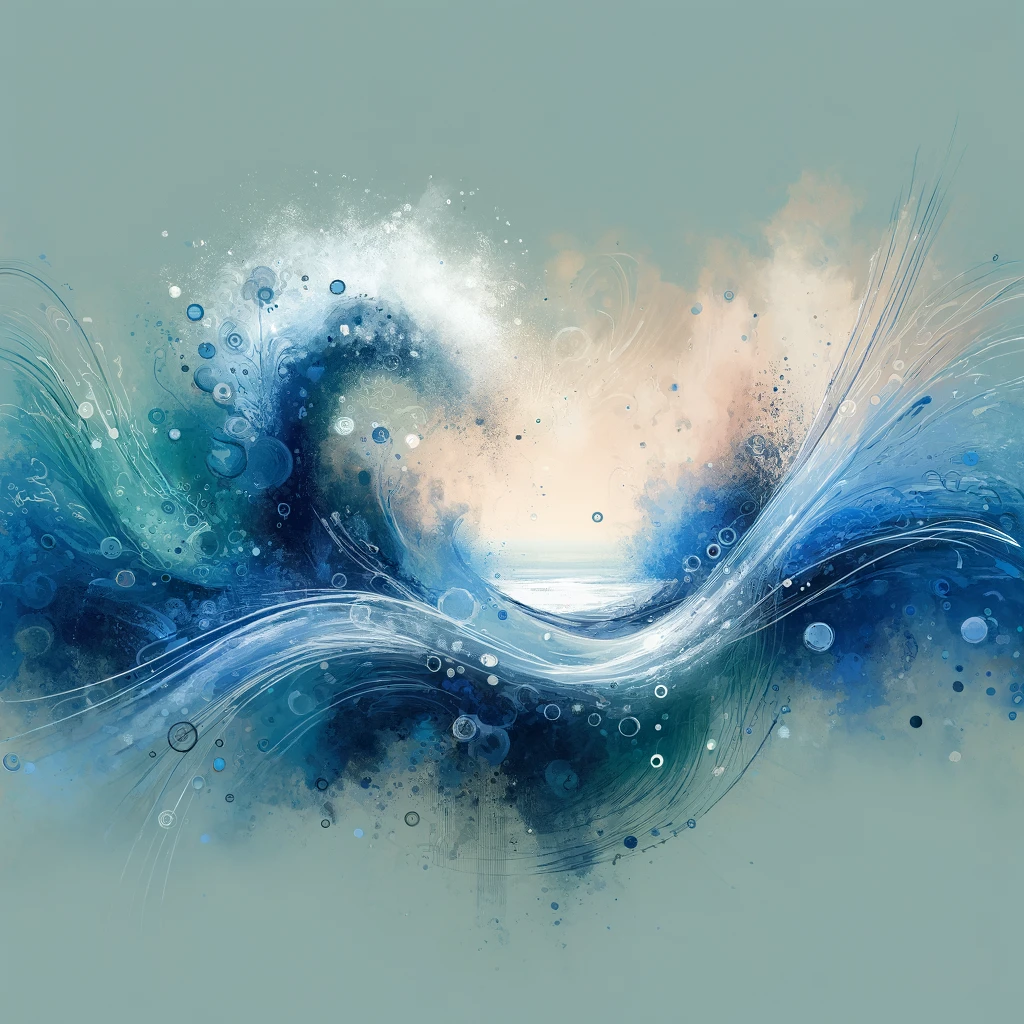The Symbolism of Water in Feng Shui Practices
Water is significant in Feng Shui practices, symbolizing essential aspects of life such as tranquility, abundance, and flexibility. The presence of water in space represents the flow of energy and the ability to adapt to different situations. In Feng Shui, water is often associated with wealth and prosperity, signifying a continuous flow of opportunities and positive energy.
Moreover, water is linked to emotions and the subconscious mind, reflecting the depths of our feelings and intuition. Just like water can be calm and peaceful or turbulent and unpredictable, our emotions can also vary in intensity. By incorporating water elements in our living or working spaces, we can evoke a sense of balance and emotional harmony, promoting a serene environment conducive to overall well-being.
Exploring the Depths of Emotions with Water Element
Delving into the depths of emotions with the water element in Feng Shui opens up a realm of exploration and understanding. Water symbolizes our feelings and the fluidity of emotions that flow through our lives, mirroring the ebbs and flows we experience daily. Just as water can be calm or turbulent, our emotions also fluctuate, highlighting the importance of maintaining a harmonious balance within ourselves.
Incorporating water elements in your living space can serve as a reminder to embrace your emotions fully and allow them to flow freely. By surrounding yourself with representations of water, such as fountains, aquariums, or artwork depicting oceans or rivers, you invite a sense of tranquility and emotional clarity into your environment. This connection to the water element encourages introspection and self-awareness, guiding you toward a deeper understanding of your inner feelings and promoting overall harmony in your life.
Maintaining Water Element for LongTerm Balance
To uphold the balance and longevity of the water element in Feng Shui, paying attention to the quality of water used in your practices is essential. Stagnant water signifies stagnant energy, so always ensure your space's water features are clean and well-maintained. Regularly cleansing water sources such as fountains or bowls will help uphold positive energy flow and prevent blockages in the circulation of chi.
Additionally, incorporating aquatic elements such as images of rivers, lakes, or oceans can amplify the presence of the water element in your environment. These representations of flowing water can instill a sense of calmness and tranquility, promoting harmony and balance within the space. By integrating these elements thoughtfully and purposefully, you can fortify the positive effects of the water element, enhancing the overall vibrancy and energy flow in your surroundings.
Tips for Sustaining the Flow of Positive Energy
To maintain a continuous flow of positive energy in your space, keeping the water element fresh and vibrant is essential. Regularly cleaning water features like fountains or aquariums not only enhances the aesthetics but also ensures the presence of active, positive energy in the environment. Stagnant water symbolizes stagnant energy; hence, ensuring that the water remains pure and constantly moving is crucial for upholding a harmonious atmosphere.
Incorporating the colors associated with the water element, such as blues and blacks, can also amplify the flow of positive energy in your space. By integrating these hues through decor items like cushions, rugs, or artwork, you can visually represent the water element, thereby reinforcing its presence in the environment. Additionally, mirrors strategically placed near water features can help to expand the positive energy throughout the space, fostering a sense of tranquility and balance.
Common Mistakes to Avoid When Using Water Elements in Feng Shui
One common mistake when utilizing the water element in Feng Shui is placing water features in the wrong areas of your home. It is crucial to avoid locating water elements in the bedroom or kitchen, as this can disrupt the balance of energy in these spaces. Water features are best placed in areas like the north or east of your home to enhance the flow of positive energy.
Another mistake to steer clear of is neglecting the maintenance of your water features. Stagnant water symbolizes stagnant energy, so it is essential to keep water elements clean and in good working condition. Ensure that water features like fountains or aquariums are regularly cleaned and that pumps are in proper working order to maintain the flow of positive chi in your space.
Ensuring Harmony by Overcoming Water Element Pitfalls
When incorporating the water element in Feng Shui, it's crucial to address and overcome potential pitfalls to ensure harmony within your space. One common mistake is placing water features, such as fountains or aquariums, in the wrong areas of your home or office. Improper placement can disrupt the flow of energy, leading to imbalance and disharmony. To avoid this, consult a Feng Shui expert or guide to determine the most auspicious location for your water element based on the Bagua map.
Another pitfall to be mindful of is neglecting the maintenance of water features. Stagnant water symbolizes stagnant energy, which can hinder progress and prosperity. Regularly clean and maintain your water elements to keep the energy flowing smoothly. Additionally, be cautious of having too many water elements in one space, as it can create an overwhelming presence of the water element, leading to an imbalance of energies. By being aware of these common pitfalls and taking proactive steps to address them, you can ensure that the water element in your Feng Shui practice enhances harmony and balance in your environment.

